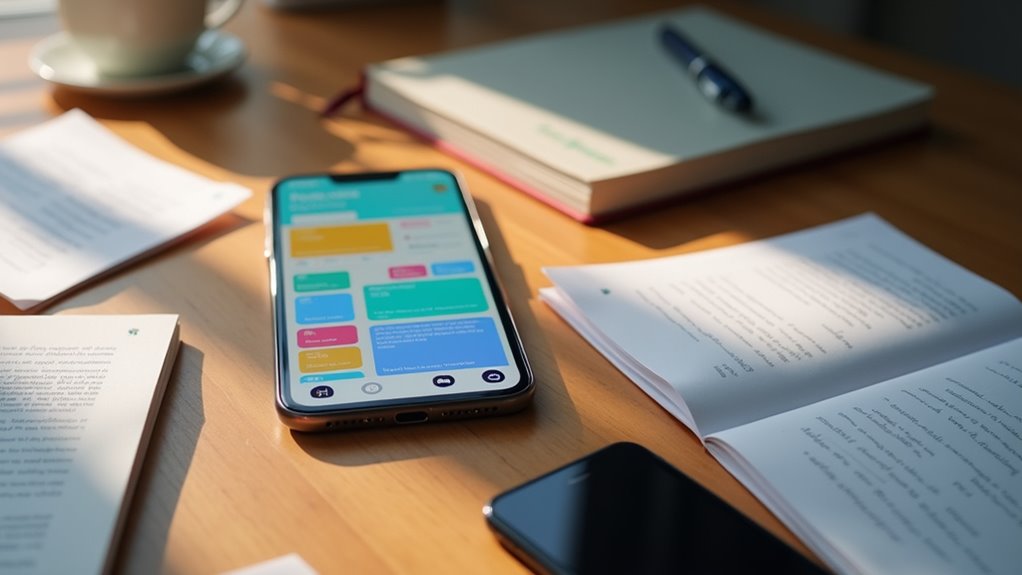AI cheat apps like Cluely have set off a digital arms race, making educators and hiring pros sweat harder than during finals week. These sneaky tools—think invisible, screen-sharing ninjas—are everywhere, racking up millions in funding while slipping answers to students and job applicants alike. Meanwhile, startups are scrambling to unmask users, raising big questions about ethics and fairness. The stakes? Massive, with $600 billion on the AI table. Want the inside scoop on this high-tech cat-and-mouse game?
Even in a world where AI is already flipping tables in just about every industry, the rise of AI cheat apps is leaving educators and hiring managers reaching for their stress balls. These digital mischief-makers aren’t just helping students ace pop quizzes—they’re also sneaking into job interviews, causing some serious side-eye from anyone who cares about honesty or, say, actual skills.
Remember Cluely? The AI startup that bagged $5.3 million in seed funding—despite the fact that people are debating whether it’s a tool for empowerment or a shortcut for cheaters. Cluely’s ability to remain invisible even during screen sharing has made it particularly concerning for hiring managers and educators trying to safeguard integrity.
Let’s not sugarcoat it: AI cheat apps are a legal and ethical minefield. Are they violating intellectual property, undermining academic integrity, or just leveling the playing field for creative rule-benders? The jury’s still out, but adoption rates are rising faster than your favorite TikTok trend.
AI cheat apps are blurring the lines between clever shortcuts and ethical landmines, with adoption rates skyrocketing faster than viral memes.
Students, job seekers, and even professionals are quietly downloading these apps, drawn by the promise of instant answers and a little less sweat. Nearly half of all businesses use machine learning, data analysis, or AI, showing just how deeply these technologies are woven into daily operations.
Here’s the kicker—AI is booming everywhere, not just in the academic underworld. The global AI market already clocks in at a cool $600 billion, with companies tripping over themselves to make AI a “top priority.” By 2025, nearly 97 million folks could be working in the AI space. That’s a lot of brains, and a lot of potential for both good and, well, gray areas.
- AI apps’ gross monthly revenue has jumped 37x in two years.
- Consumer spending on AI apps could hit $2 billion in 2025.
- General assistant apps (think: digital Jeeves) account for 40% of this spending.
But before you imagine a future of robotic valedictorians, surveys show that overall student cheating rates haven’t exploded since apps like ChatGPT appeared.
Still, the academic world is on high alert, with calls for tighter regulations and new detection tools.
Ethics, transparency, and fairness are all on the line, and as startups race to expose users and regulators scramble to keep up, one thing’s certain: the AI cheat app frenzy is just getting started.









